Avocados offer monounsaturated fats that support heart function and reduce post-meal inflammation.
These fats help stabilize blood sugar and improve absorption of fat-soluble nutrients.
Avocados also contain fiber, potassium, and antioxidants like lutein.
They can replace butter or mayo in many meals without compromising taste or texture.
Their creamy consistency supports satiety, which may help reduce overall calorie intake.
Monounsaturated fats in avocado are linked to lower LDL and better HDL cholesterol balance.
Eating avocados regularly has been associated with improved cardiovascular markers in adults.
One half daily provides a meaningful source of heart-friendly fat.
Extra virgin olive oil contains polyphenols that protect cells and reduce oxidative stress
Extra virgin olive oil contains polyphenols that protect cells and reduce oxidative stress.
It is a central feature of the Mediterranean diet, associated with longevity and reduced disease risk.
Its fat profile is mostly monounsaturated, with compounds that calm inflammation in blood vessels.
Drizzling it over vegetables improves flavor and nutrient absorption, especially carotenoids.
Using it raw preserves the oil’s antioxidants, though it remains stable for low-heat cooking.
Olive oil also supports bile production and may benefit digestion over time.
Daily use, even in small amounts, contributes to better lipid and inflammatory profiles.
Choose oils labeled “cold-pressed” and “unrefined” for highest potency.
Fatty fish deliver EPA and DHA, essential omega-3s not made efficiently by the body
Fatty fish deliver EPA and DHA, essential omega-3s not made efficiently by the body.
Salmon, sardines, mackerel, and anchovies are rich in these long-chain fatty acids.
They reduce triglycerides, support brain function, and lower chronic inflammation markers.
Unlike plant sources, marine omega-3s are bioavailable and absorbed without conversion.
Two servings of oily fish per week meets most adult omega-3 needs.
These fats also benefit fetal development, especially in the third trimester.
Fish prepared grilled or baked retains nutritional value without adding processed fat.
Canned options in water or olive oil remain affordable and convenient.
Nuts provide unsaturated fats and plant compounds that improve arterial flexibility
Nuts provide unsaturated fats and plant compounds that improve arterial flexibility.
Almonds, walnuts, pistachios, and cashews contain a mix of omega-6s and omega-3s.
They also deliver magnesium, fiber, and vitamin E—nutrients often underconsumed in modern diets.
Regular intake has been linked to reduced cardiovascular events and improved insulin sensitivity.
Though high in calories, nuts support fullness and may assist in weight management.
Roasted or raw options both offer benefits, though salted varieties should be eaten in moderation.
A small handful daily adds protective fats without dietary imbalance.
Nut butters, without added sugars, are another versatile way to include them.
Seeds such as flax, chia, and hemp deliver ALA, the plant-based omega-3 precursor
Seeds such as flax, chia, and hemp deliver ALA, the plant-based omega-3 precursor.
Though not as potent as EPA or DHA, ALA supports heart rhythm and cell membrane health.
These seeds also offer soluble fiber, lignans, and plant protein.
Chia seeds absorb water, forming a gel that slows digestion and regulates blood sugar.
Flax must be ground for absorption, while hemp offers a rare complete protein profile.
Sprinkling seeds into yogurt, smoothies, or oatmeal easily increases nutrient density.
They’re shelf-stable, affordable, and adapt to both sweet and savory dishes.
Rotation ensures varied benefits from different types.
Dark chocolate with high cocoa content contains stearic acid and anti-inflammatory polyphenols
Dark chocolate with high cocoa content contains stearic acid and anti-inflammatory polyphenols.
Unlike other saturated fats, stearic acid appears neutral on cholesterol metabolism.
Cocoa’s flavonoids improve nitric oxide production, supporting vascular tone and circulation.
The higher the cocoa percentage, the lower the sugar content per serving.
Choose bars with at least 70% cocoa and minimal added ingredients.
Small portions—about one ounce—can provide meaningful antioxidant benefits.
Dark chocolate also delivers magnesium and iron in a convenient form.
Savoring it mindfully adds pleasure while supporting metabolic health.
Whole eggs include yolks rich in choline, healthy fats, and carotenoids like lutein and zeaxanthin
Whole eggs include yolks rich in choline, healthy fats, and carotenoids like lutein and zeaxanthin.
These compounds support brain development, vision, and liver function.
Choline is especially important during pregnancy and underconsumed by most adults.
Egg yolks also provide fat-soluble vitamins A, D, and E in absorbable form.
Though once feared for cholesterol, eggs show no clear link to heart disease in healthy people.
Their fat content helps stabilize blood sugar when paired with carbs at breakfast.
Eating the whole egg ensures nutrient synergy—separating yolks removes the most valuable part.
Two eggs daily fit easily into balanced diets for most adults.
